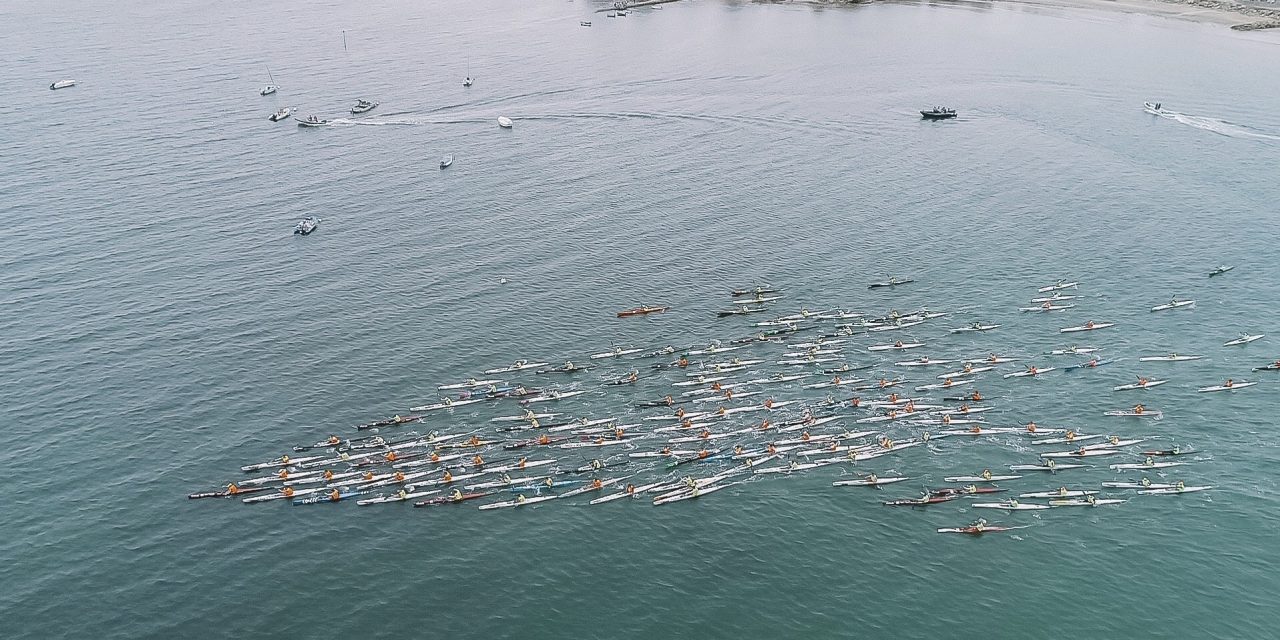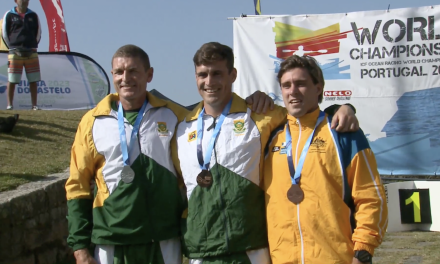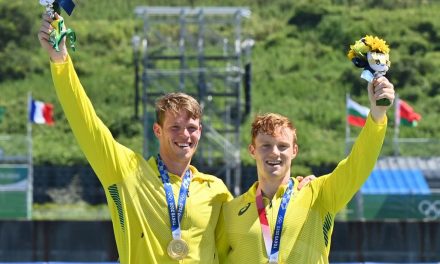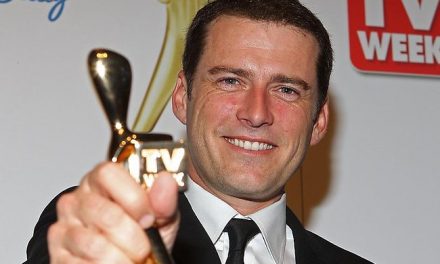TRANS-TASMAN SHIFT FOR ICF WORLD CHAMPIONSHIPS
The ICF World Championships are returning to the southern hemisphere with New Zealand and Australia awarded the 2022 and 2023 hosting rights.
The 2023 event – which will mark its 10 year anniversary – will be the first time the ICF has held an international race in Australia, which is seen as the sport’s stronghold alongside South Africa.
It will be held in Mandurah on the country’s west coast – an hours drive south of Perth, home of The Doctor – however little else is known. The ICF beat Paddle Australia to the announcement and while the nation’s governing body says it’s “very excited”, further details won’t be revealed until a local Council meeting rubber-stamps hosting rights on May 26.
They’ve also been beaten to the punch by Canoe Racing New Zealand, who will host the first championships south of the equator since Tahiti in 2015.
“It’s really exciting for us,” Canoe Racing New Zealand CEO Tom Ashley says.
“The event is one thing, and it will be a really cool opportunity to host it and for our top athletes to race on local water.
“Then the other thing which for me which is even more exciting is that it’s an opportunity to really push surfski, and paddling in general, in New Zealand… and hopefully have a bit of a legacy”
The 2022 instalment will run in late November, but the exact dates are yet to be confirmed. Under the proposal submitted to the ICF as part of the bidding process, there will be a 10 day window that will include both the World Championships and the renowned King and Queen of the Harbour race. Canoe Racing New Zealand says it will consult the athletes on how best to structure the week in a way that allows them to compete in both events.
But perhaps a bigger concern is how to best accommodate the running of The Doctor. Arguably the world’s most iconic iconic race, it has long owned the late November time slot.
“We haven’t spoken to The Doctor organisers yet, but that’s definitely the intention,” Ashley explains.
“Part of [the November timing] was to create the maximum opportunity for the people who come to the southern hemisphere to make a good go of it and hopefully do The Doctor and 20 Beaches… rather than take something away from those events by just coming to the southern hemisphere in September and not wanting to come back again.
“It was a conscious choice to try and give maximum options and not detract from the really cool existing races that there are.”
“We don’t want to overlap events and there’s plenty of time to make sure that we give people opportunities to do as many races as possible.
It’s unlikely the World Championships will be held on the same course used by King and Queen of the Harbour. Instead, it is hoped athletes will race to or from an island off the coast.
“We are really conscious that surfski paddlers want the maximum potential for a downwind.” Ashley says.
“For the World Championship, we won’t do the down the harbour course because that generally doesn’t get as big as people like.”
Hosting the event will be a momentous occasion for Canoe Racing New Zealand. Since the International Canoe Federation moved into the surfski world in 2013, national organisations have found varied success in amalgamating with the already established surfski community – and often coming under fire for it.
But Tom Ashley provides a refreshing perspective on the value of the sport. Rather than being a burden for Canoe Racing New Zealand, he actually sees it as its way forward.
“Long term, surfski is going to be where the participation is in our sport in New Zealand,” he says.
“It would be amazing if we can have thousands of people paddling surfskis. The ones who really want to go to the Olympics will still have the opportunity to do that, and we aren’t taking anything away from sprint.”
Surfski is fast becoming the organisation’s number one focus. It helped to unite some of the country’s biggest standalone races to form a national series in 2018 and is currently working on a number of projects to help widen the discipline’s reach.
The outlook is bright, but it’s moving with caution.
“I guess with bringing structure to surfski racing, it’s a double-edged sword,” Ashley explains.
“It’s a tricky thing. There is a bit of a tendency for these organisations to come in and say, ‘you have to be a member to do this, or you have to pay affiliations’ or assert some kind of dominance over the sport.
“The challenge is to actually contribute to the sport, something that enhances people’s experience.”
“There are people are there doing great stuff. If we can help, that’s cool.”






